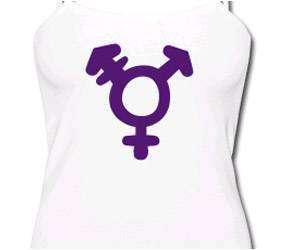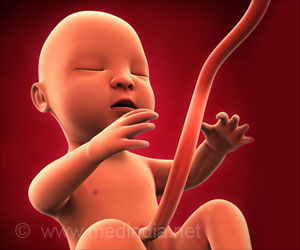Prevalence of depression, suicidal thoughts, and self-injuring behavior was high among transgender teenagers, stated new study.

‘Transgender teenagers had significant improvement in gender dysphoria, the feeling of being uncomfortable with the gender they were assigned, after starting hormone therapy.’





The new study included a review of medical records of 158 transgender teens attending a pediatric endocrinology clinic between 2014 and 2019. The study participants included 107 (67.7%) affirmed males (female to male), 47 (29.7%) affirmed females (male to female), and 4 (2.5%) who considered themselves non-binary. The median age when gender dysphoria began was lower in affirmed females. Among affirmed males, sexual orientation was self-reported as 38% straight, 47% bisexual, 12% gay, and 1% asexual. Among affirmed females, sexual orientation was reported as 54.3% straight, 37.1% bisexual and 8.6% gay.
Prevalence of psychiatric conditions was 78.5%, with depression being the most frequent diagnosis (66.5%). A history of suicidal thoughts was more common among affirmed males (70.1%) than affirmed females (49%). Self-injuring (cutting) was more common among affirmed males (56.1%) than in affirmed females (25.5%).
Mean age when hormonal treatment began was similar in both groups (15.75 years in affirmed males vs. 15.58 years in affirmed females). Both affirmed males and affirmed females reported markedly lower gender dysphoria after starting hormonal treatment. On a scale of 0 (no dysphoria) to 10 (highest possible dysphoria), gender dysphoria dropped for affirmed males from 8.08 before starting treatment to 3.99 after starting treatment. For affirmed females, gender dysphoria ratings dropped from 7.87 before treatment to 2.96 after treatment began.
Source-Eurekalert









